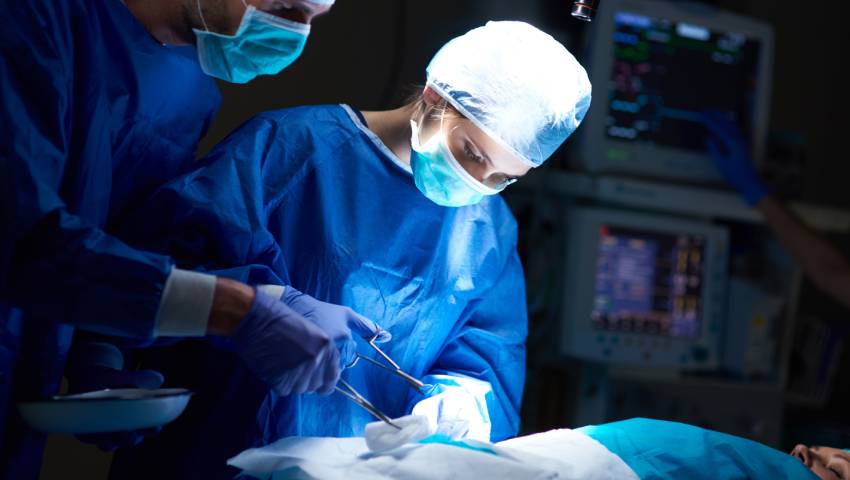- 11/10/2023
- by Dr. Pinak Dasgupta
- Blog
If you or someone you know is recovering after colon cancer surgery, you might be wondering about the journey ahead. This guide covers various topics, from handling discomfort to possible issues, to give you confidence during your recovery.
The Initial Days After Surgery:
After a surgical procedure, you might feel a bit uneasy and tired initially. You may still experience some discomfort, but it should improve over time. You might also notice things like a swollen abdomen, increased gas, and changes in your bathroom habits. It’s really important to rest enough and follow what your medical team tells you.
Pain and Discomfort Management:
- Pain Relief Medication: Your doctor will provide you with the medicine to lessen your pain. It’s crucial to follow your doctor’s guidance closely. Maintaining a pain journal to note your pain levels and how the medicine works can be helpful.
- Using Heat Therapy: You can apply a warm towel or use a heating pad on your stomach to ease discomfort. It’s wise to consult your doctor for guidance on using heat therapy effectively.
- Gentle Massage: One more option to consider in the effort to ease discomfort is a soft belly massage. But, it’s important to talk to your doctor or a certified massage therapist before trying this.
Dietary Recommendations:
In the weeks after surgery, it’s really important to follow a special diet to help you heal faster and reduce the chances of problems. Your medical team will give you personalized diet advice based on your needs.
Foods to Include:
- Lean proteins, such as fish, chicken, and tofu
- Fruits and vegetables
- Whole grains
Foods to Avoid:
- Processed foods
- Sugary drinks
- Fried foods
Physical Activity and Exercise:
- Finding the Right Balance: Staying active is important, but it’s also crucial to listen to your body and take breaks when needed.
- Gentle Body Movements: Simple activities like walking, light stretching, and doing easy yoga can help improve blood flow and reduce stiffness. Before you begin a new exercise routine, it’s a wise choice to have a chat with your doctor.
- Avoid Heavy Lifting: Don’t lift heavy things or do strenuous tasks until your doctor says it’s okay.
Follow-up care and Monitoring:
It’s important to stick to your planned check-up meetings with your healthcare experts to ensure your healing keeps progressing smoothly. Occasionally, your doctors may recommend additional examinations such as CT scans or colonoscopies to check your progress.
- Infection at the Surgery Cut: If you notice any signs like redness, swelling, or discharge near your surgical cut, it’s essential to contact your doctor right away.
- Bowel Obstruction: If you ever feel nauseous, start vomiting, or experience strong stomach pain, it’s essential to see your doctor right away.
- Blood Clot: If you notice your leg swelling, feeling sore, or becoming warmer than usual, it’s important to quickly consult your doctor.
Overview of Colon Cancer Surgery:
- Recovery Time: Following surgery for colon cancer, the period to return to your routine may differ. Typically, it’s about 4 to 6 weeks.
- Emotional Support: It’s completely natural to experience a variety of emotions while you’re on your road to recovery. Feel free to rely on your friends, family, or a support group to assist you in managing these emotional highs and lows.
- After Getting Better: When you’ve completely healed from surgery, it’s crucial to continue seeing your doctor for routine check-ups and lead a healthy life to lower the risk of cancer returning.



